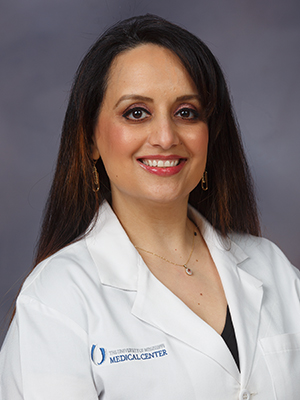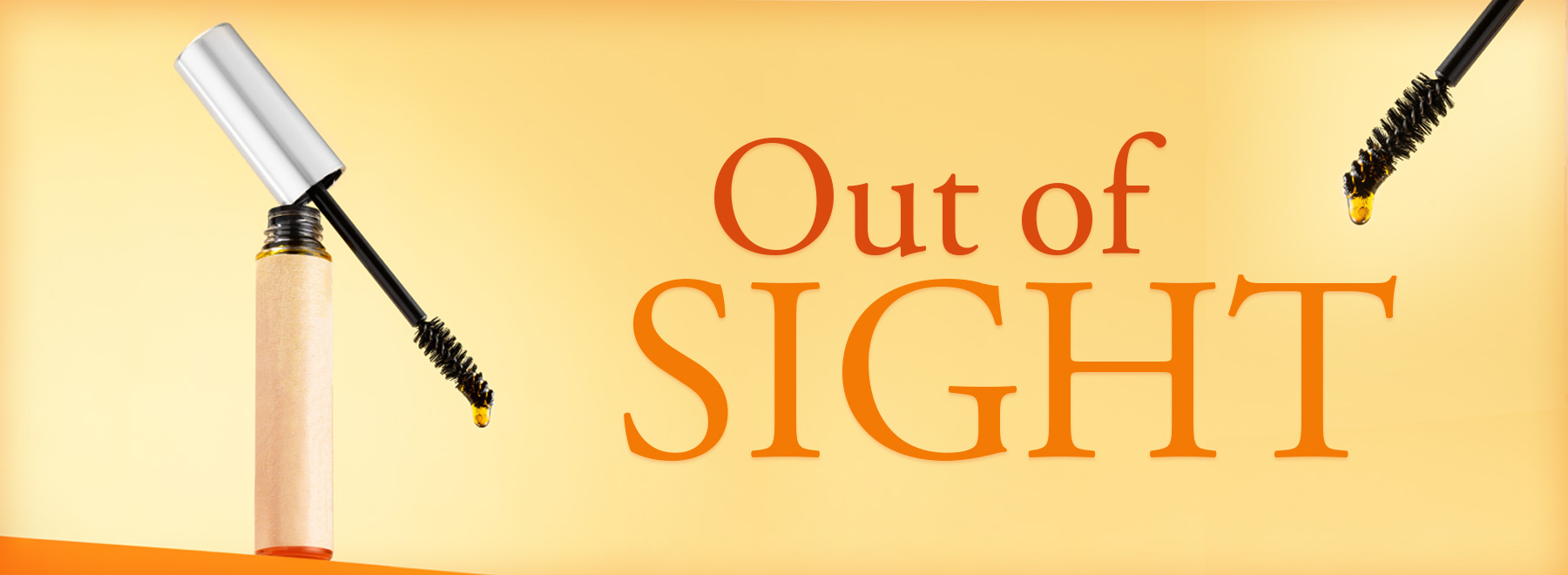Keep your eyes peeled for this TikTok trend: Castor oil
This is the bottom line: Your eyes are not your intestines.
That bears pointing out, thanks to a social media trend that has people shooting the legendary laxative, castor oil, into or near their peepers.
For instance, one TikToker posted a video claiming there is evidence that castor oil can counteract cataracts, foil eye floaters and vanquish vision problems. She did not provide evidence.
Another titan of TikTokery said an application of the purgative made her eyelashes thicker.

“The basis for the trend could be related to [castor oil’s] historical use and potential properties,” said Dr. Roya Attar, associate professor of ophthalmology at the University of Mississippi Medical Center.
“Castor oil contains ricinoleic acid, which is believed to have anti-inflammatory and moisturizing properties. It has been used for various purposes in traditional medicine, including potential benefits for skin and hair health.”
The fact is, low-concentration castor oil eye drops do exist. But they are part of solutions or emulsions; they are not undiluted castor oil from a bottle.
There are a few potential reasons why eyedrops might contain castor oil in very small amounts, said Attar, who is also a licensed optometrist and director of optometric services in the UMMC Department of Ophthalmology. .
“For example, castor oil’s lubricating properties might help reduce dryness and discomfort in the eyes, which could be beneficial for individuals experiencing mild dry-eye symptoms.
“But over-the-counter eyedrops are intended for minor and temporary eye discomfort or dryness relief and are not a substitute for professional medical care for serious eye conditions.”
Castor oil’s effectiveness for treating eye conditions like glaucoma, cataracts and blurry vision is “questionable and not supported by scientific evidence,” Attar said.
Infection, or worse, is a possibility.
“Using unsterilized bottles or containers to apply substances around the eyes, including castor oil, can indeed pose risks for potential allergic reactions and infections,” Attar said.
“Unsterilized bottles can harbor bacteria, fungi and other microorganisms.” A resulting infection, through contact with those contaminants, may lead to a permanent decrease or loss in vision.
With conditions like glaucoma, the dangers increase in scope.
“Glaucoma can cause irreversible damage to the optic nerve and result in gradual vision loss if not properly managed,” Attar said. “A diagnosis of glaucoma requires professional medical evaluation and treatment.
“Waiting to see an eye care provider and relying solely on unverified treatments could possibly result in progression of the disease, missed opportunities for treatment, unpredictable side effects of alternative treatments, and irreversible damage caused by the disease.
“Early detection and intervention are crucial.”

Dr. Kimberly Crowder, professor and chair of ophthalmology at UMMC, said she is not aware, personally, of her department’s clinicians seeing patients who have surrendered to the castor oil trend.
“But this is not the first time people have trusted medical advice from TikTok,” she said.
“This [castor oil] practice is not consistent with the recommendations of the American Optometric Association or the American Academy of Ophthalmology – which does have a patient information site online that includes a feature called ‘Ask an Ophthalmologist.’ ”
The feature is one resource for patients with non-urgent questions, she said. Last year, one patient posed this to “Ask an Ophthalmologist”: “Is it safe to put cold-pressed castor oil in my eyes?”
The answer, from Dr. Richard Shugarman, a comprehensive ophthalmologist in West Palm Beach, Florida: “I currently do not recommend the use of any non-sterile materials in the eye.
“See an ophthalmologist, as I suspect that safer products made specifically for your condition are readily available.”
The AAO feature has taken on “all kinds of different oil questions,” Crowder said. “But, overall, the agreement is that patients need regular evaluations by their eye care provider for any eye issues.”
In keeping with the proverb that the eyes are the window to the soul, Attar has several more recommendations for keeping your panes pristine:
- Schedule an annual comprehensive eye exam regularly with an eye care provider. Regular eye exams are important for maintaining good eye health, even if you don't currently have any concerns.
- Manage chronic health conditions such as diabetes and hypertension which can impact your eye health.
- Maintain a healthy lifestyle with regular exercise to promote good circulation, which can benefit your eyes as well.
- Eat a nutrient-rich diet with antioxidant-rich foods and omega-3 fatty acids. These include leafy greens (spinach, kale), colorful fruits (berries, oranges, and kiwi) and vegetables (carrots, bell peppers). For omega-3 fatty acids, you can’t go wrong with fatty fish (salmon, mackerel) and flaxseed.
- Avoid smoking, as it increases the risk of eye diseases such as macular degeneration.
- Protect your eyes from the sun by wearing sunglasses that block 100 percent of potentially harmful UVA and UVB rays.
- Know your family's eye health history. This can help you take steps to prevent or manage certain eye conditions that have a genetic component.
- Use proper lighting when reading, working or using digital screens to reduce eye strain.
- If you wear contact lenses, follow proper hygiene and care instructions to prevent eye infections.
Finally: “Your eye health is important, and seeking professional help is the best way to ensure you receive an accurate diagnosis, appropriate treatment and the best chance of preserving your vision,” Attar said.
“Depending on your needs, you may start with an optometrist and then be referred to an ophthalmologist if necessary.”
To schedule an appointment with a UMMC eye or vision specialist, call 601-984-5020.
The above article appears in CONSULT, UMMC’s monthly e-newsletter sharing news about cutting-edge clinical and health science education advances and innovative biomedical research at the Medical Center and giving you tips and suggestions on how you and the people you love can live a healthier life. Click here and enter your email address to receive CONSULT free of charge. You may cancel at any time.



